Smarter, More Profitable Large-Scale Agriculture—Thanks to AI
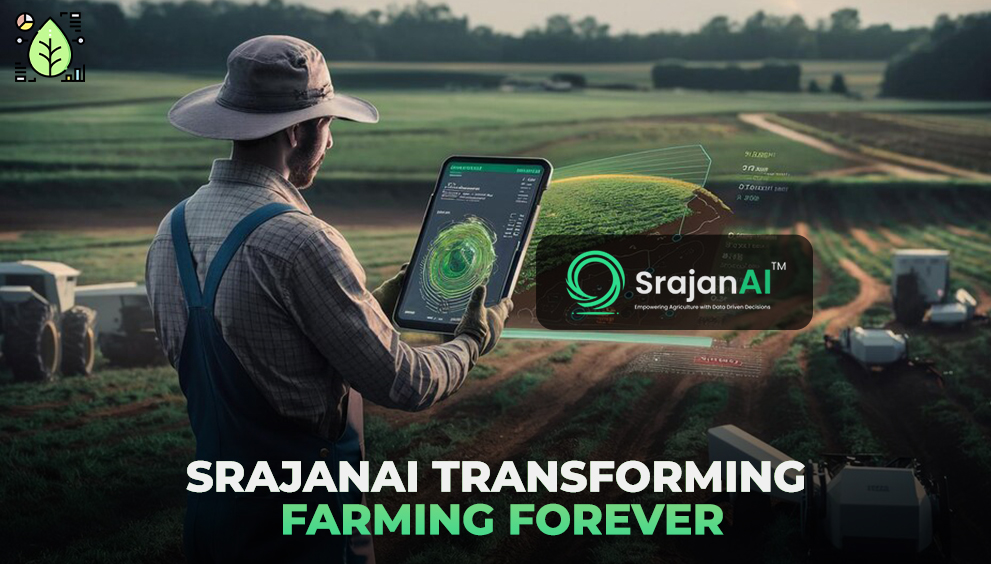
Redefining Efficiency and Sustainability through Advanced Technologies
Large-scale agriculture has entered a transformative era, one driven by groundbreaking innovations and intelligent integration of advanced technologies. From precision monitoring to data analytics, these tools are no longer luxuries—they are imperatives for creating sustainable, high-performing agricultural systems.
Modern agriculture operates in an environment where the challenges of resource scarcity, fluctuating climatic conditions, and the growing demand for higher yields coexist. In response, technological advancements offer a beacon of hope, redefining what’s achievable in agricultural management.
The Shift from Tradition to Technology
Innovation has always been the backbone of agricultural evolution, but the current wave of transformation is unparalleled. Automated machinery and intelligent monitoring systems have replaced manual processes, introducing precision into every facet of farming.
Take, for instance, the use of real-time data to guide operations. Technologies like satellite imaging, IoT sensors, and AI-powered algorithms provide insights into soil health, moisture levels, and even disease risks. These innovations ensure that every decision—from planting to harvest—is informed and strategic, eliminating inefficiencies and guesswork.
This approach isn’t about abandoning tradition; it’s about enhancing it. By combining centuries-old farming wisdom with state-of-the-art technology, agricultural practices have become more responsive, adaptive, and sustainable.
Breaking New Ground with Automation
Automated technologies have emerged as a cornerstone of this new era. Some of the most significant innovations include:
- Precision Irrigation Systems: Adjusting water distribution based on real-time soil moisture data, reducing waste, and improving crop health.
- Smart Pest Management: Early detection systems using AI to identify and mitigate infestations before they escalate.
- Yield Prediction Models: Machine learning algorithms that provide accurate forecasts, allowing for better planning and market readiness.
The implementation of these tools transforms large-scale operations into finely tuned ecosystems where every component operates at its peak potential.
The Data Revolution in Agriculture
Data has become the currency of modern agriculture. It is not enough to collect information—what matters is how it’s utilized. Advanced analytics transforms raw data into actionable insights, enabling farm managers to address issues proactively and make strategic improvements.
Imagine the ability to pinpoint underperforming zones within a field with surgical precision. Data integration makes this possible, empowering decision-makers to:
- Optimize input usage, minimizing costs and environmental impacts.
- Allocate resources with unmatched accuracy.
- Develop long-term strategies tailored to evolving market and environmental conditions.
The key lies in the seamless integration of data from diverse sources—whether it’s satellite imagery or on-ground sensors—into cohesive, user-friendly platforms.
Sustainability Through Innovation
Beyond improving efficiency, technological advancements are driving sustainability in agriculture. Precision tools reduce over-application of fertilizers and pesticides, cutting down on chemical runoff that pollutes ecosystems. Similarly, optimized irrigation conserves water, a critical resource in an increasingly water-stressed world.
Innovation also addresses the growing demand for environmentally friendly practices. By reducing the carbon footprint of operations and maximizing land use, these technologies align with global sustainability goals.
A Future of Possibility
The agricultural landscape is poised for continuous reinvention. Each technological breakthrough pushes the boundaries of what is possible, from ensuring food security to enhancing profitability. Large-scale operations can now achieve unprecedented levels of productivity without compromising environmental responsibility.
The integration of advanced technologies is more than a trend—it’s a necessity for navigating the complexities of modern agriculture. By embracing innovation, agricultural leaders can forge a future where farms are not only more productive but also more sustainable, resilient, and adaptive to change.
In this future, the synergy between human expertise and technological capability will define success, setting new benchmarks for efficiency and fostering an agricultural ecosystem that thrives for generations to come.


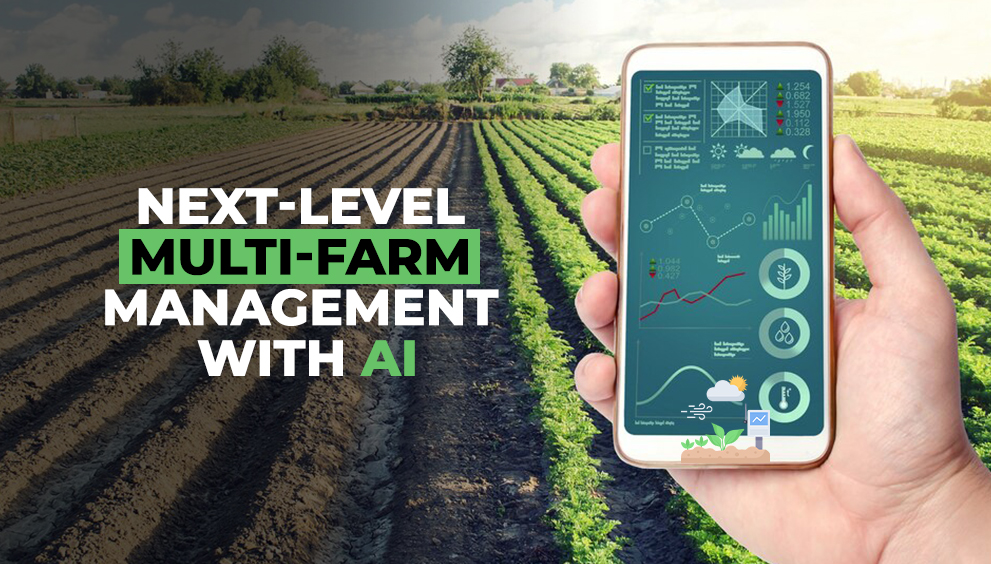
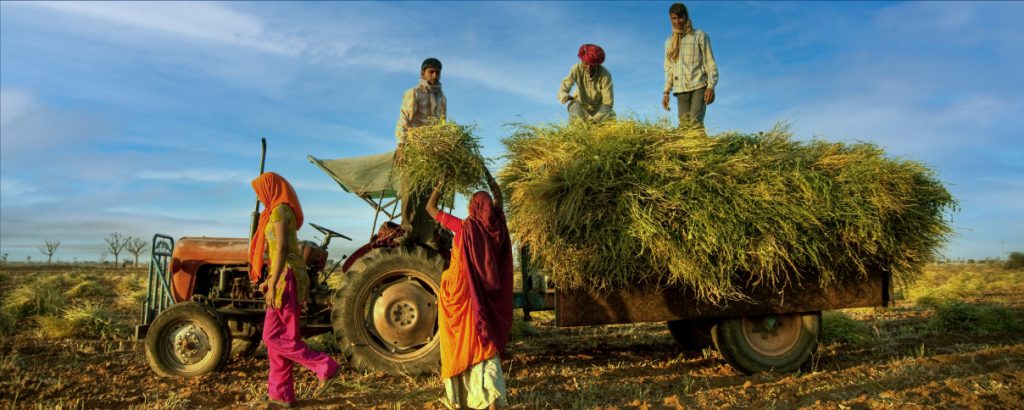
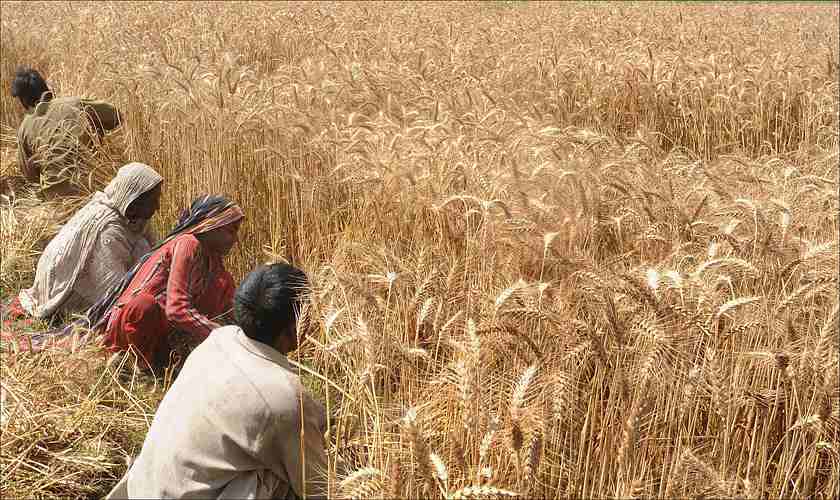
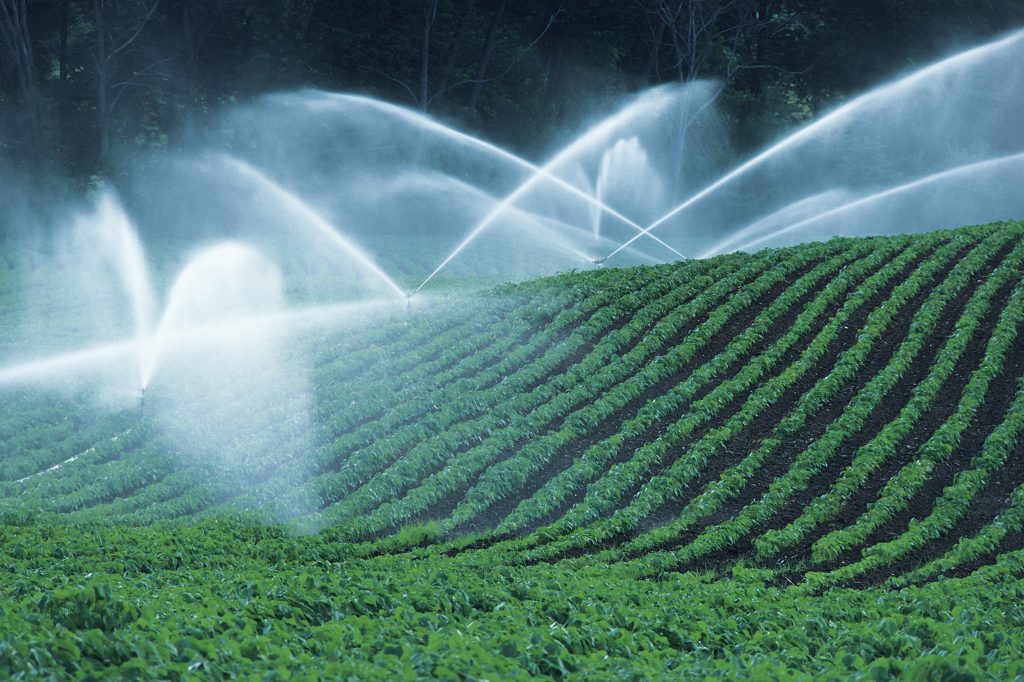

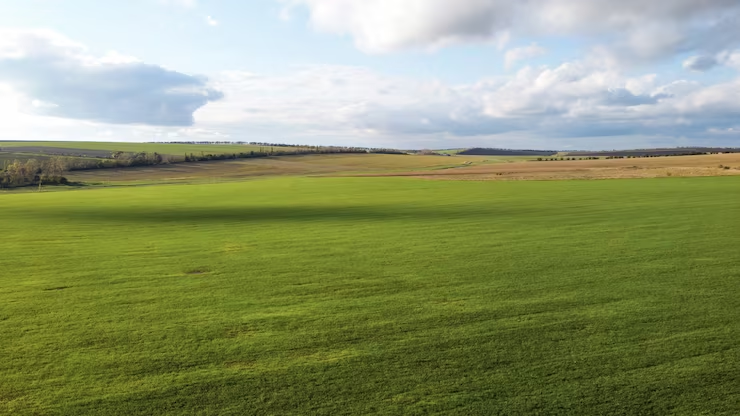
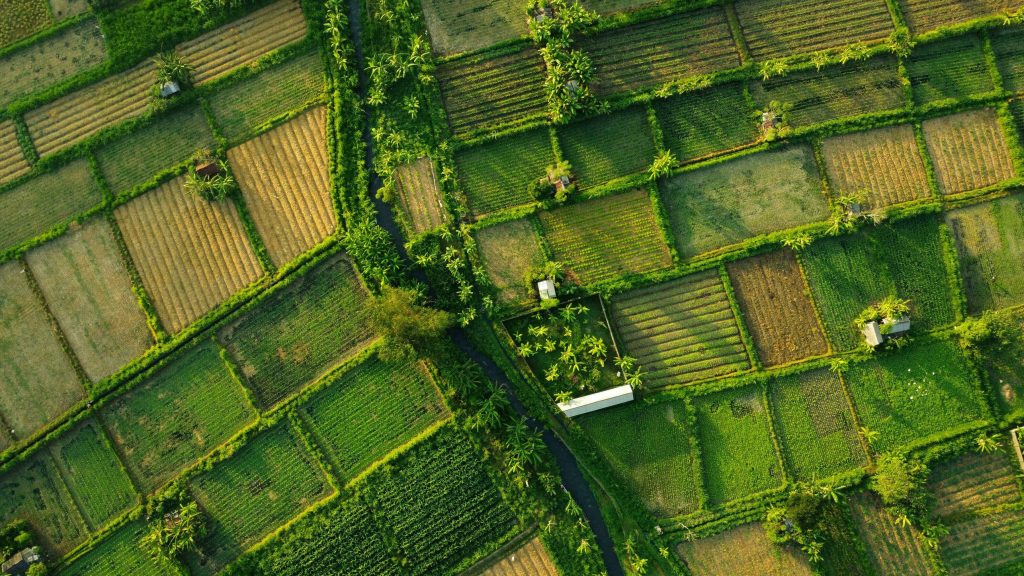
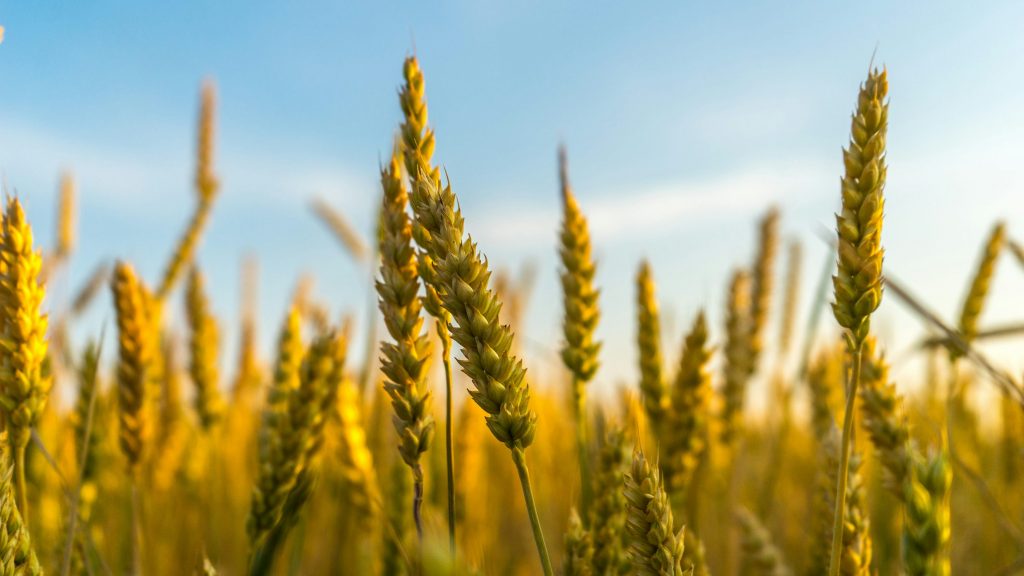
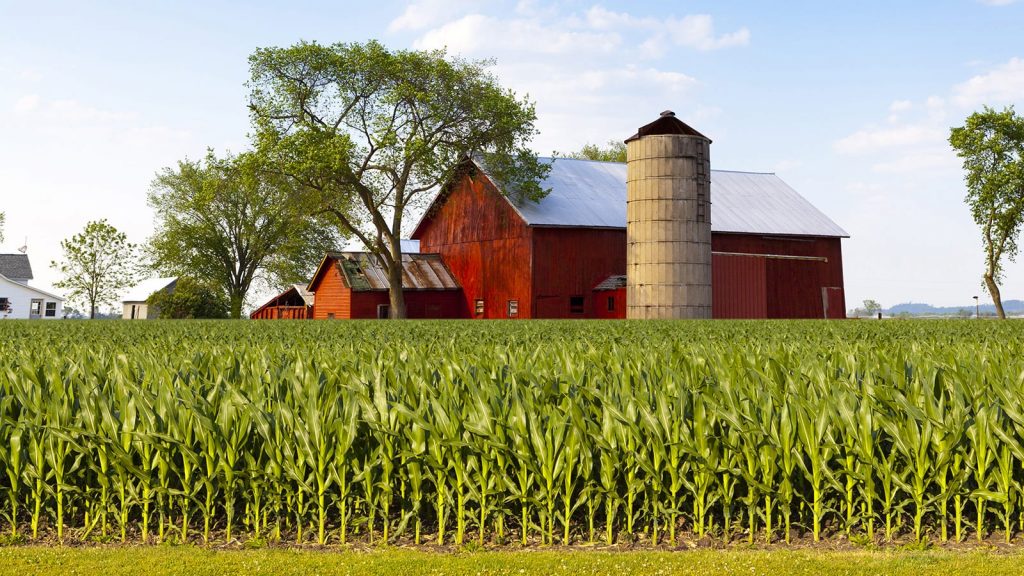
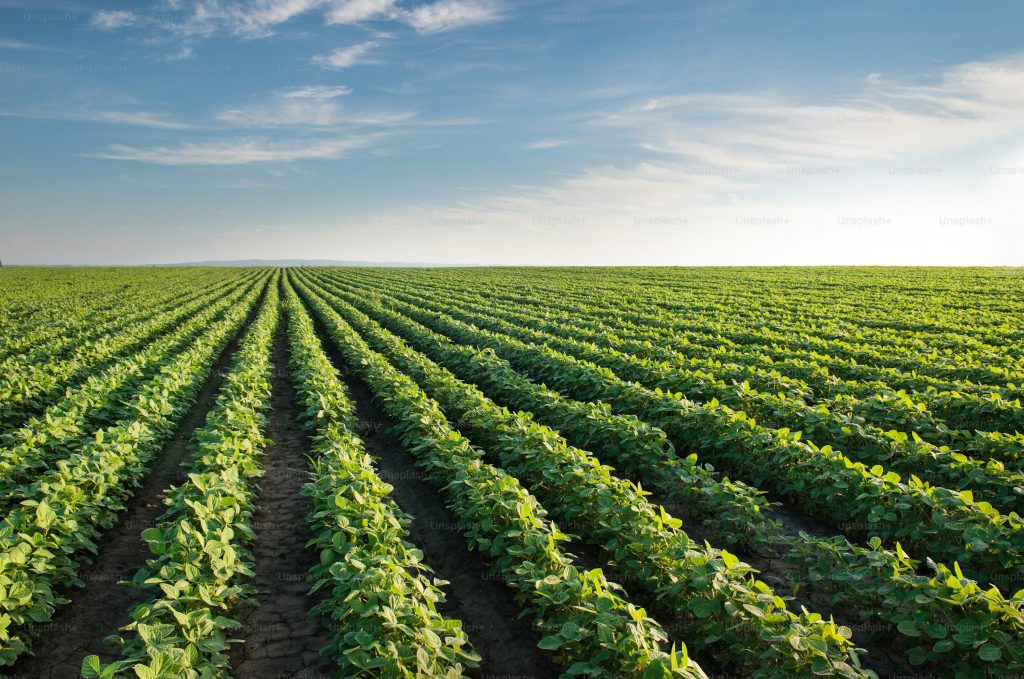


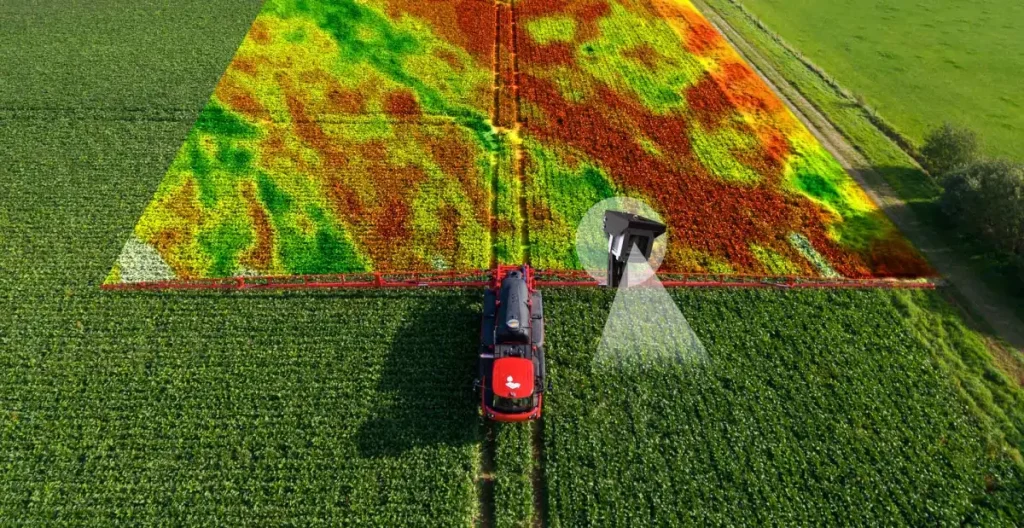
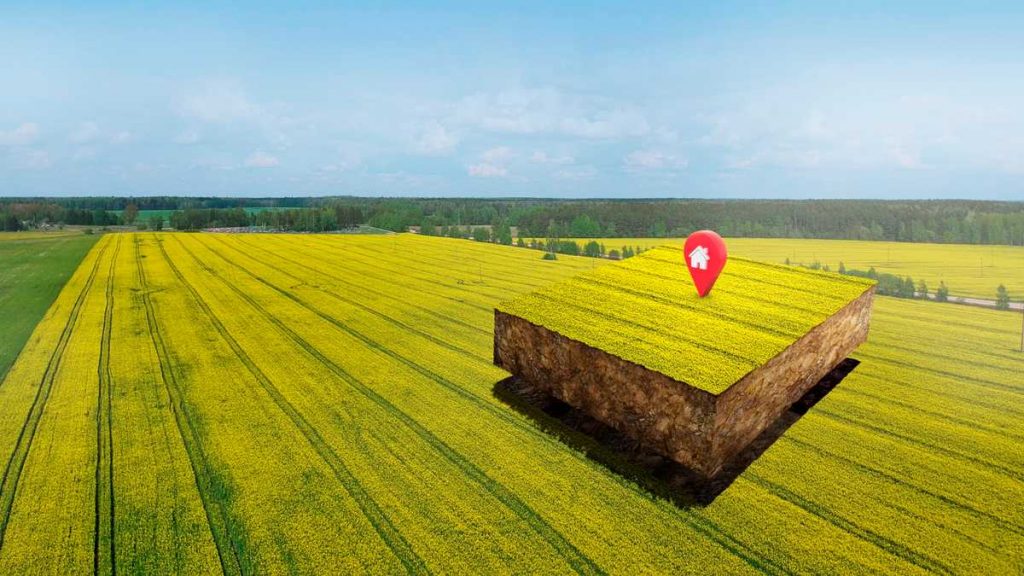
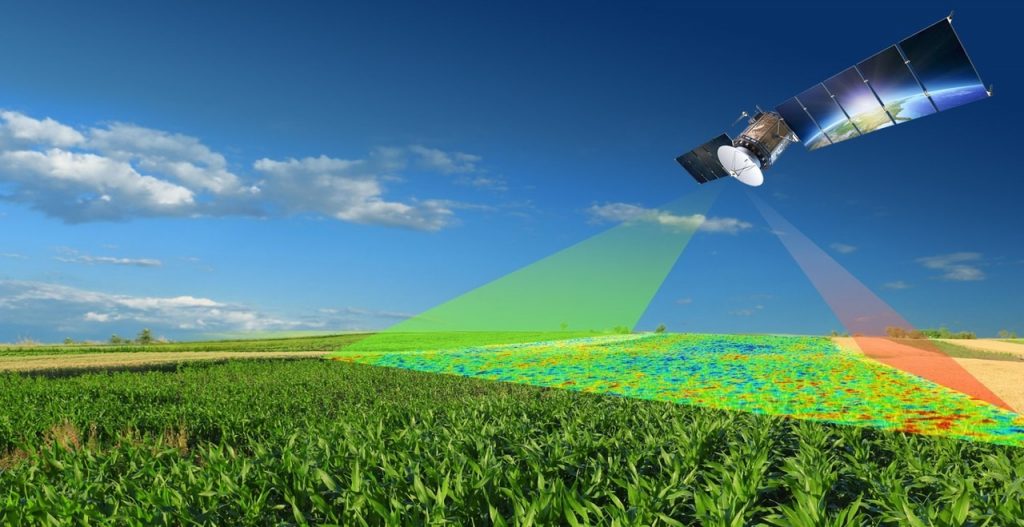
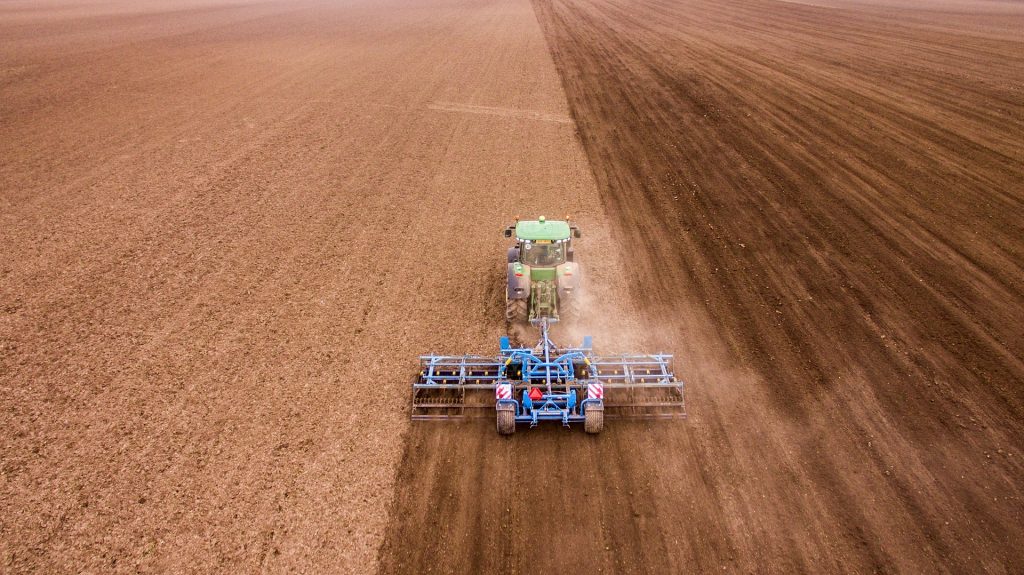
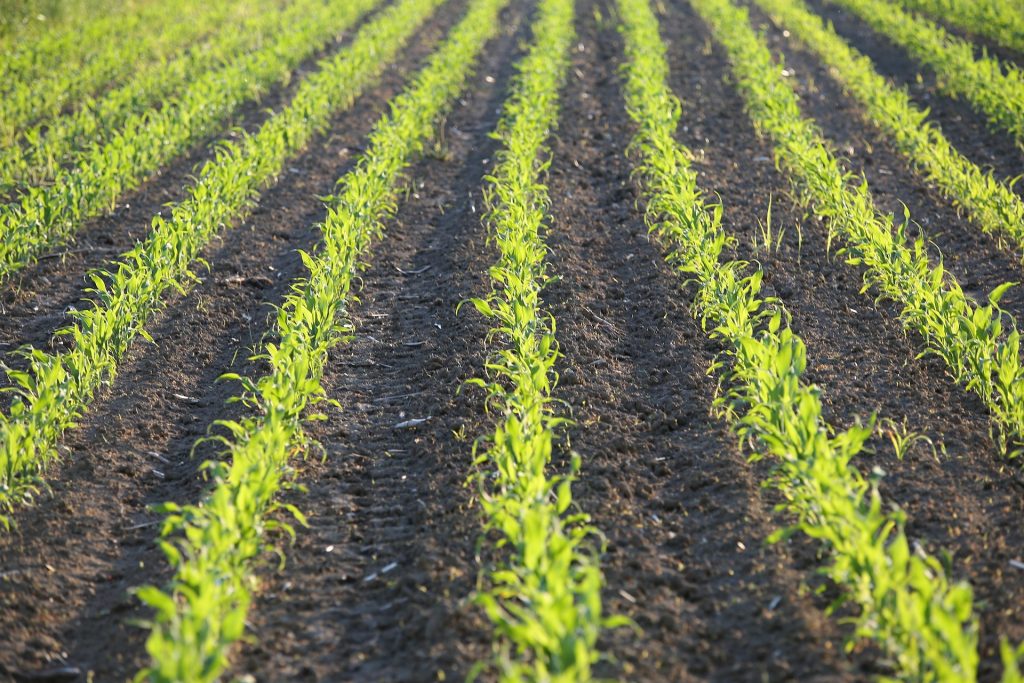
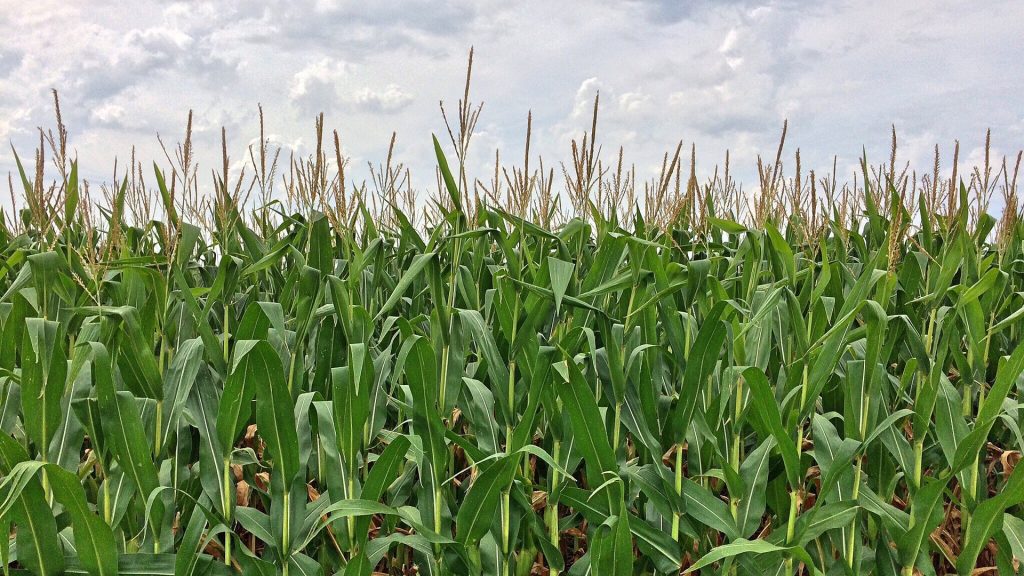


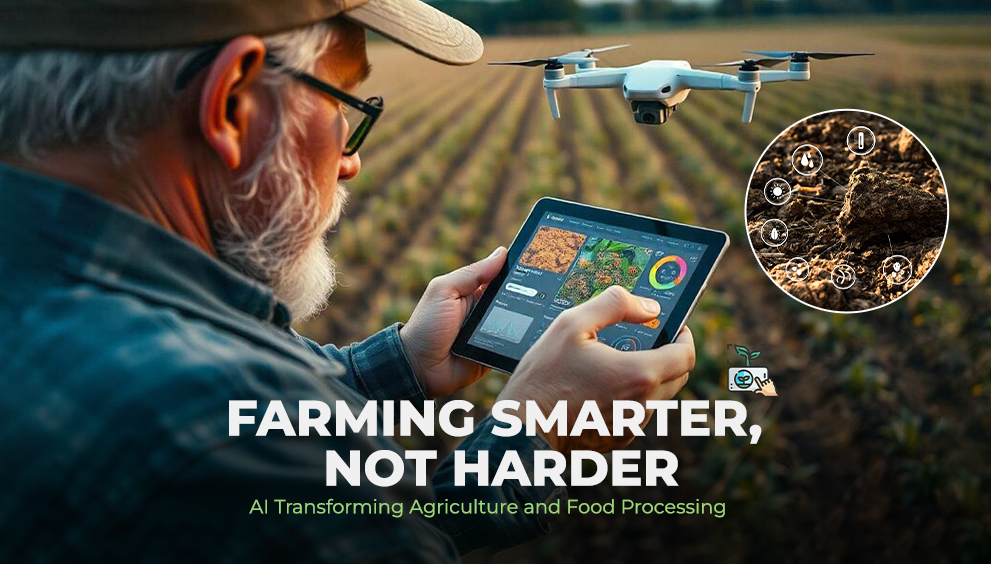
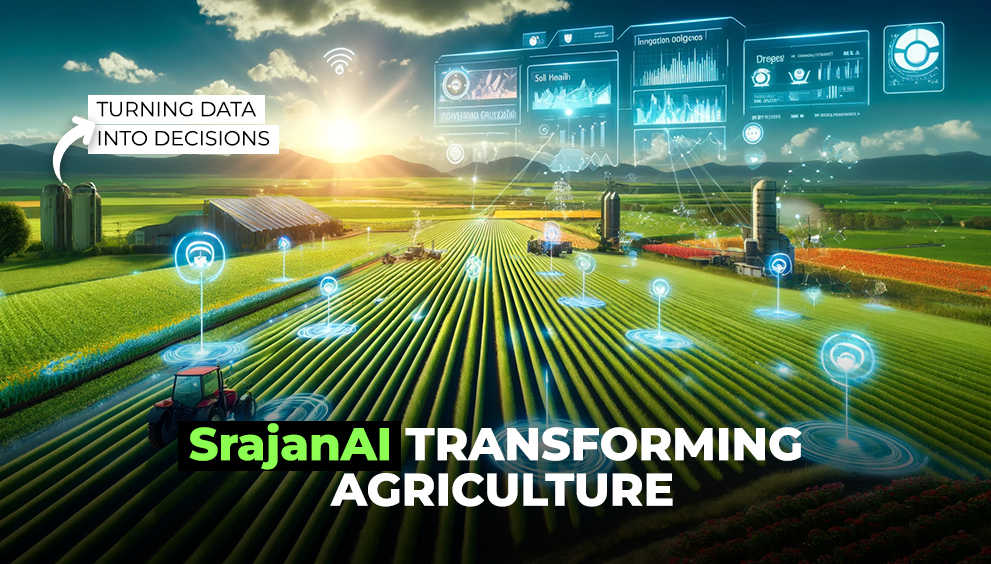
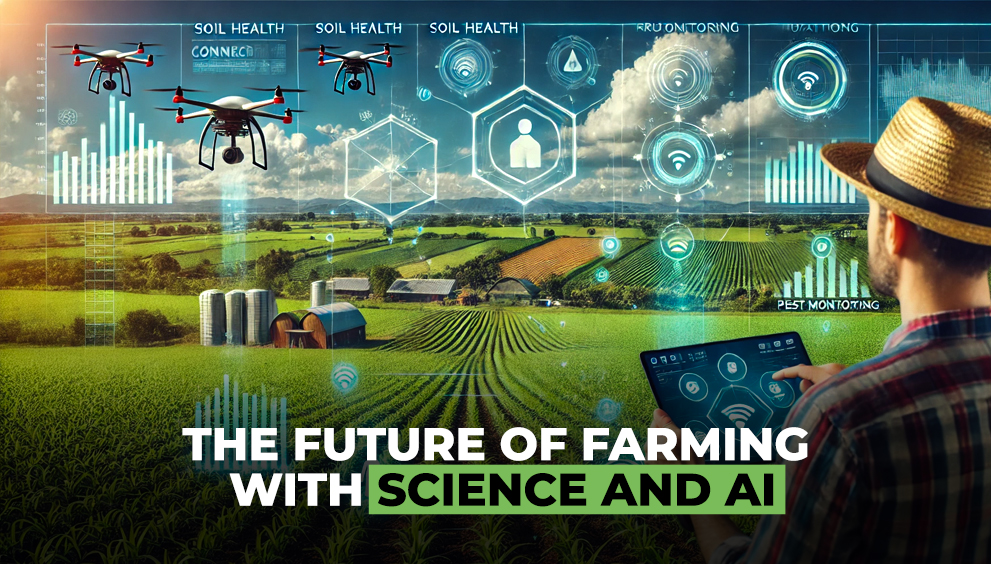
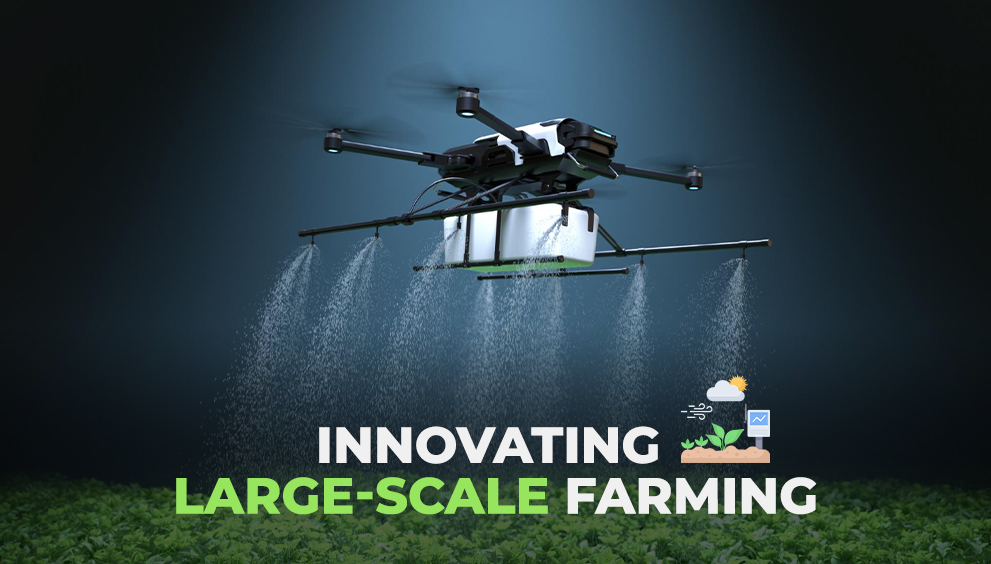
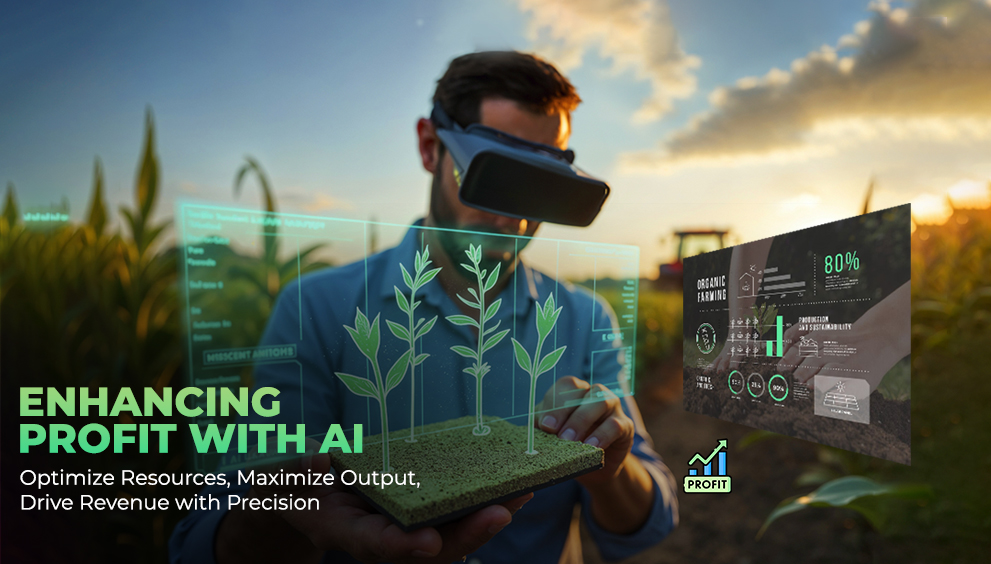

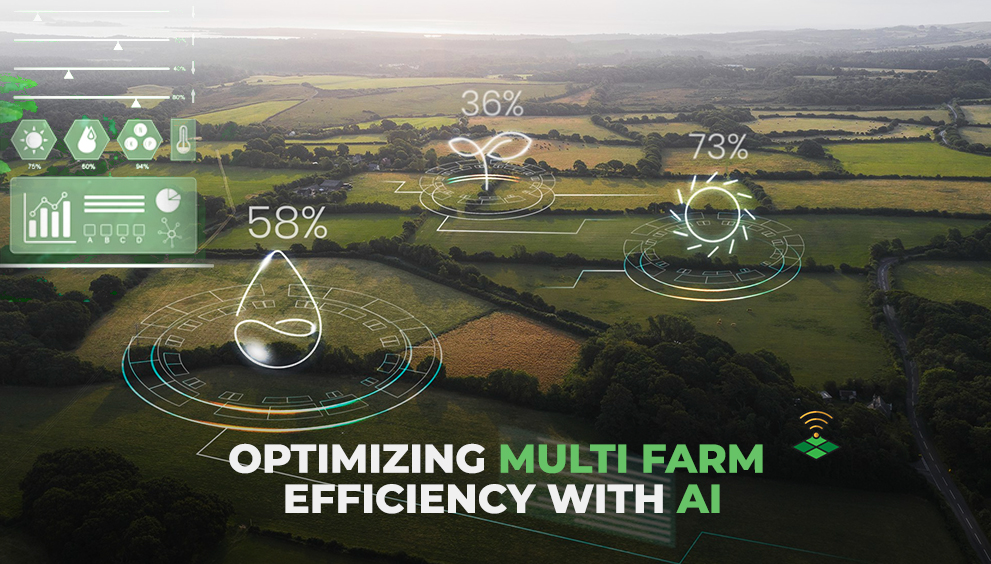
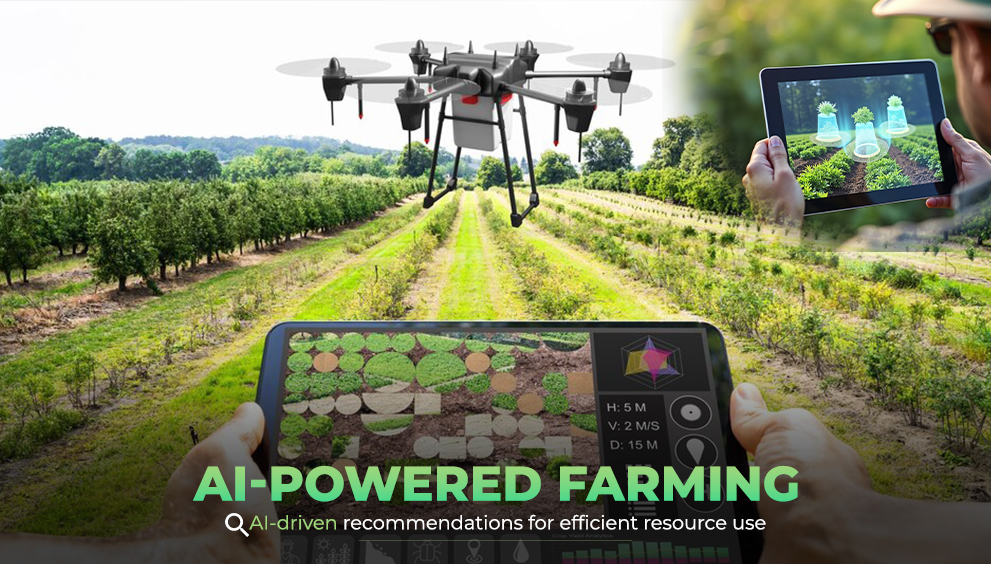
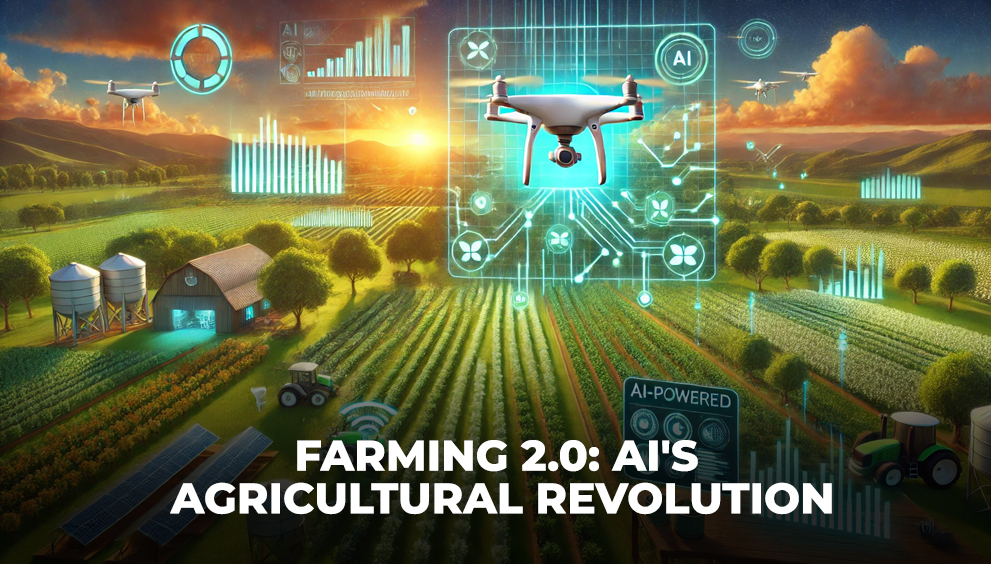
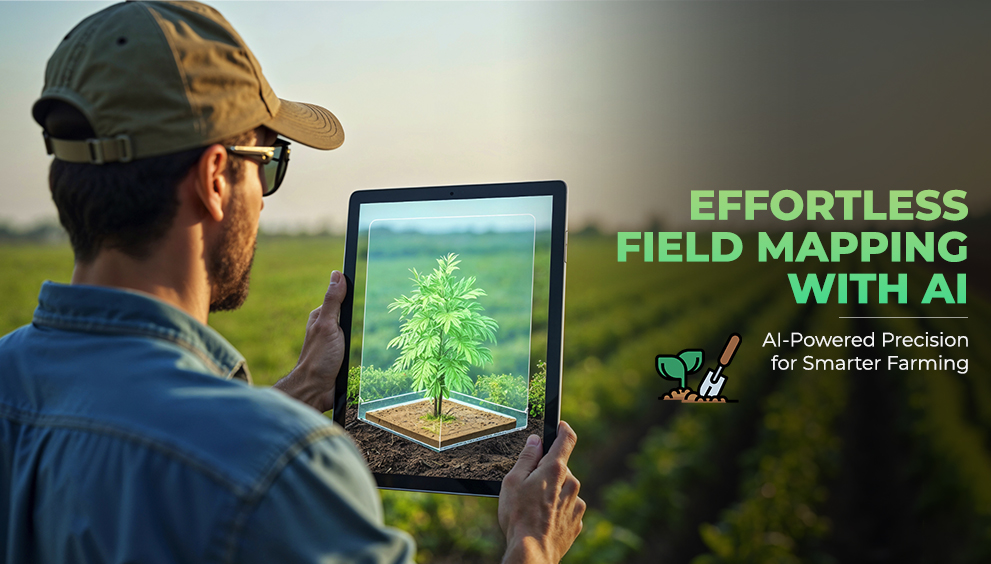
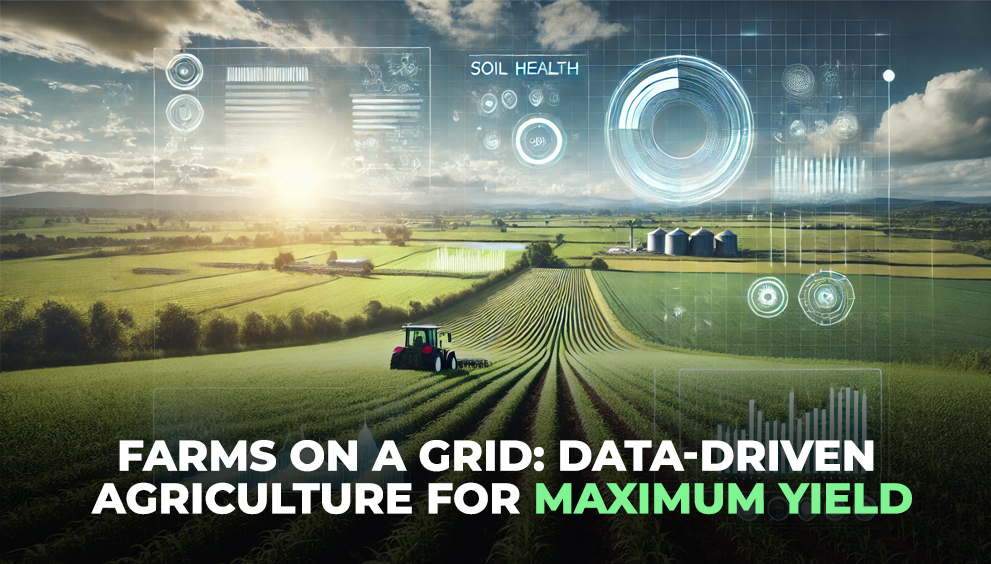
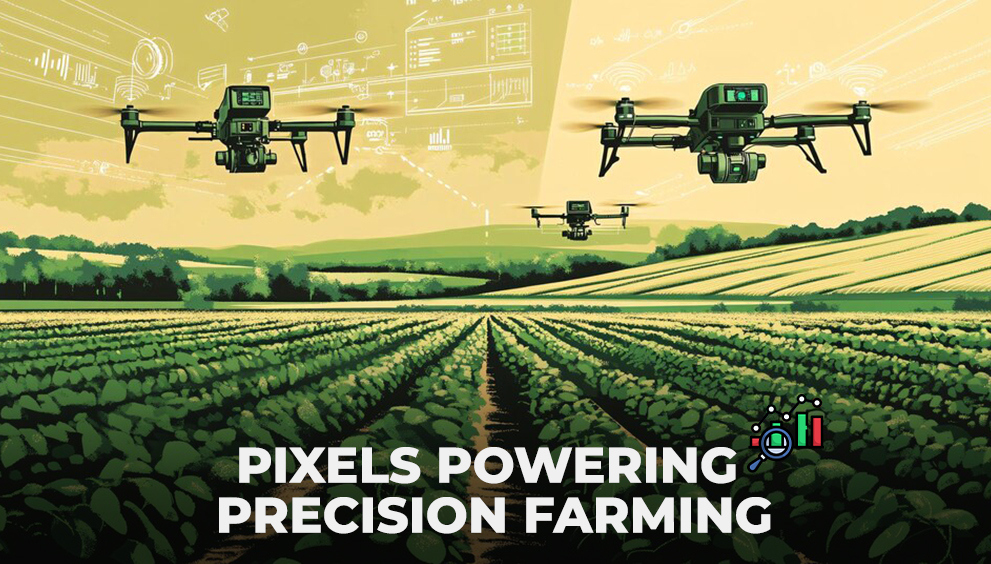
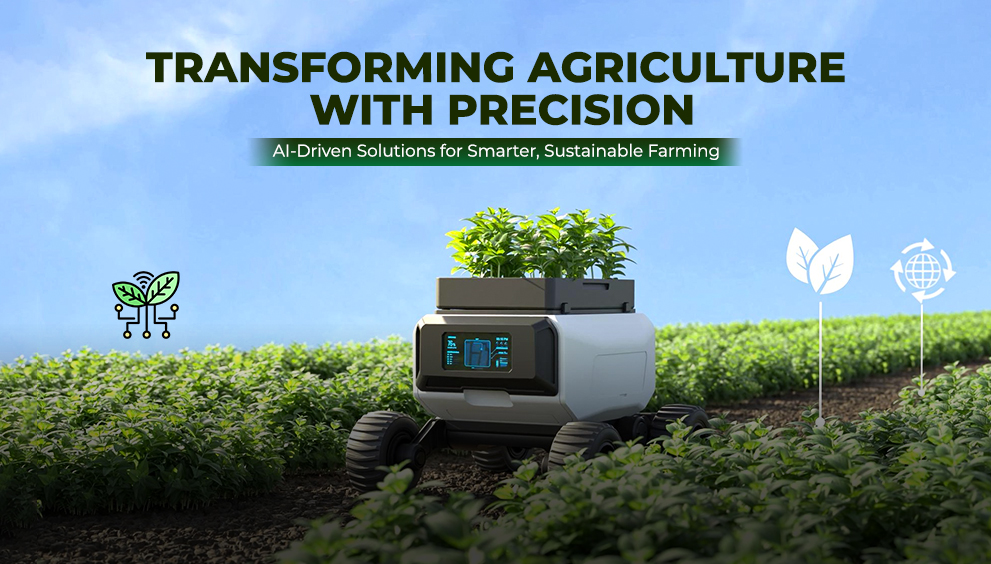
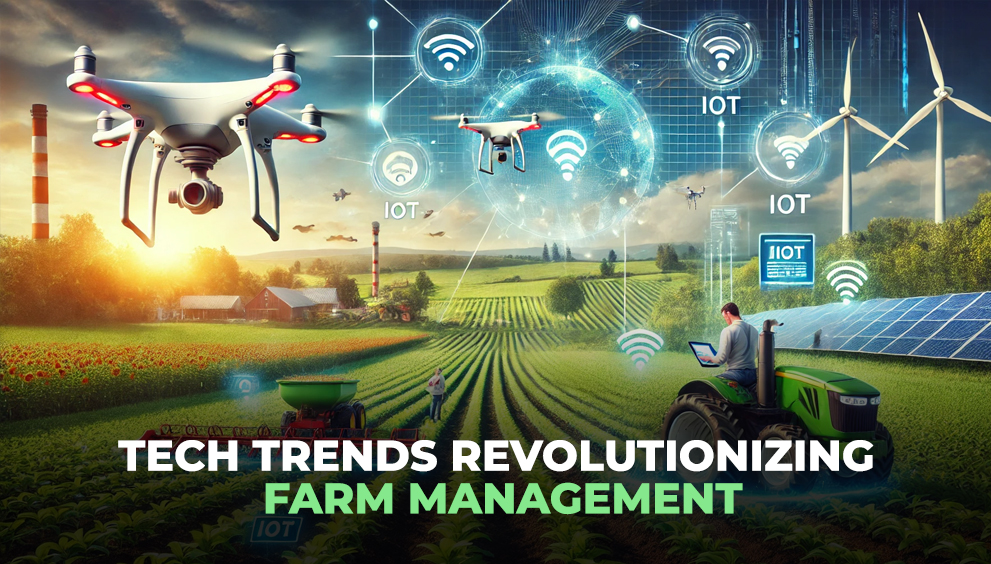
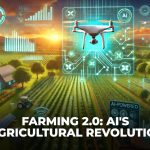
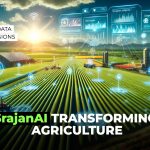
winbuzzsignup
04th Dec 2025Yo, anyone struggling with signup? I used winbuzzsignup and it was super easy peasy. All good here, ready to dive in!
max88bet
04th Dec 2025Yo Max88bet, loving the variety of games! From classic slots to the newer, fancier stuff. Worth a look if you’re bored of the usual. Time to maximize your bets with max88bet.
1001oyun
04th Dec 2025Oi, anyone had a crack at 1001oyun? Looks like it might be a laugh. Could be worth a punt if you’re bored. Give it a shot maybe? 1001oyun.